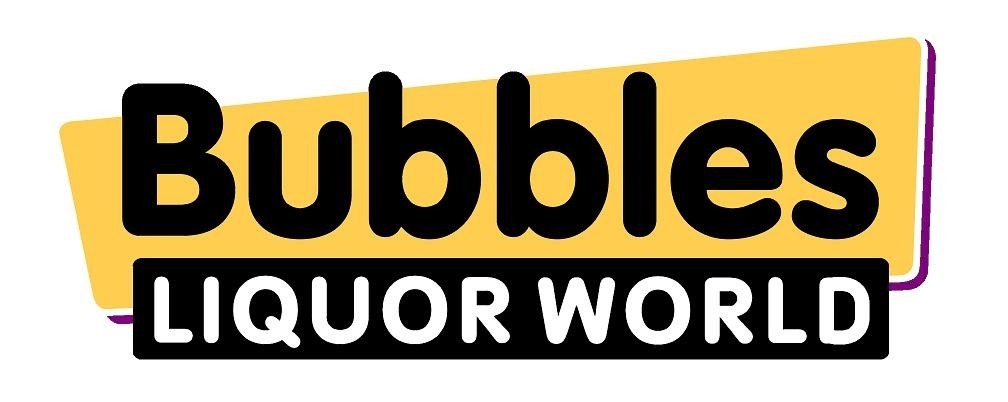(303) 468-8100

Pierre Peters BDB Brut NV
750ml, $76.99
Pure, wiry and wonderfully expressive, the Cuvee de Reserve flows gracefully with layers of varietal fruit from start to finish. This shows superb clarity, depth and polish, particularly at the NV level. The current release is 65% 2007 and 35% reserve wines from a solera cuvee that contains 15 vintages.
Wine Spectator: 90 Points:
Generous, expansive and complex. Puts it all together with ripe fruit flavors, toasty, buttery nuances and a velvety texture. Drink now.
“Wine, even sparkling wine, has been around for centuries, showing up in writings by monks and other holy people. Indications are that some forms of wine have been the result of happy accidents. Traditionally, sparkling wines have been celebratory drinks specially imbibed during festive times.
The region of Champagne in France had attempted to rival the wine of its neighboring region, Burgundy, which made silky-textured pink-hued wine from Pinot Noir grapes. Unfortunately, Champagne’s chilly weather and sour grapes caused problems. Sugars, which had to be added to sweeten the taste, remained undissolved in the wine and would bubble up and often explode. The bottles that survived this had bubbles in them! Of course, this gained favor with the French royalty. Much of this region’s success can be attributed to monk Dom Pérignon, whose idea was to use red wine grapes carefully separated from their skins — a major development in Champagne production.
After they began shipping this wine around the world, it gained popularity among the English nobility, too, and was primarily a luxury drink. In pre-Industrial-Revolution France, however, most winemakers still tried to eliminate the pesky bubbles. Still, champagne’s popularity caused it to become a deliberately made luxury good.
Countries like Italy and South Africa also have a rich history of winemaking dating back to the 17th century. At home, sparkling wines have long been produced in the Golden State, except during Prohibition. While the usage of the name ‘champagne’ has been subject to restrictions, historic winemakers continue to make California Champagne.
The U.S. branch of Freixenet, called Freixenet Cava, founded this day to celebrate the wine that makes all celebrations pop. Legend credits the making of cava with a winemaker named Josep Raventós Fatjó who wanted to create bubbles in his wine. A native of Penedès in Catalonia, Josep’s family had been making wine under the Codorníu label for centuries. When he wanted to try his hand at creating ‘bubbly’ wine, he mixed Macabeu, Parellada, and Xarel-lo grapes, which are traditionally found in Penedès. His request for caves (‘cava’) to be dug inspired the name ‘Cava’” From National Today Website.
Let’s celebrate with these fantastic selections below!
Les Allies Sparkling
750ml, Reg: $12.99 SALE: $10.99
Fine and persistent bubbles yield delicate and fruity aromas. A very pleasant wine with juicy citrus and yellow peach flavors combined with a very good balance between vinosity and roundness.
Il Carnevale
Di Venezia Prosecco
750ml, Reg: $12.99 SALE: $10.99
A light and refreshing sparkling white wine produced in the Veneto region in North East Italy. Refined and elegant with accentuated fruit notes. Ideal on its own as an aperitif, can pair well with any appetizer or light to medium main dish. Serve at 42-46 °F (5-8 °C).
Ombre Prosecco
750ml, Reg: $23.99 SALE: $19.99
Delicate aromas of peach, green apple alongside notes of acacia and lilac. Light and refreshing on the palate, this is perfect as an aperitif and matched with seafood. Awarded a Gold Medal at Prosecco Masters by The Drinks Business 2022.
Contratto Novecento
750ml, $35.99
The Cuvée Novecento is a sparkling wine of extraordinary precision. Chalk, white flowers, mint, slate and lemon peel race out of the glass. Despite its age, it has remarkable freshness, with hints of graphite-infused minerality that are laced throughout the translucent, magnificently pure finish.
